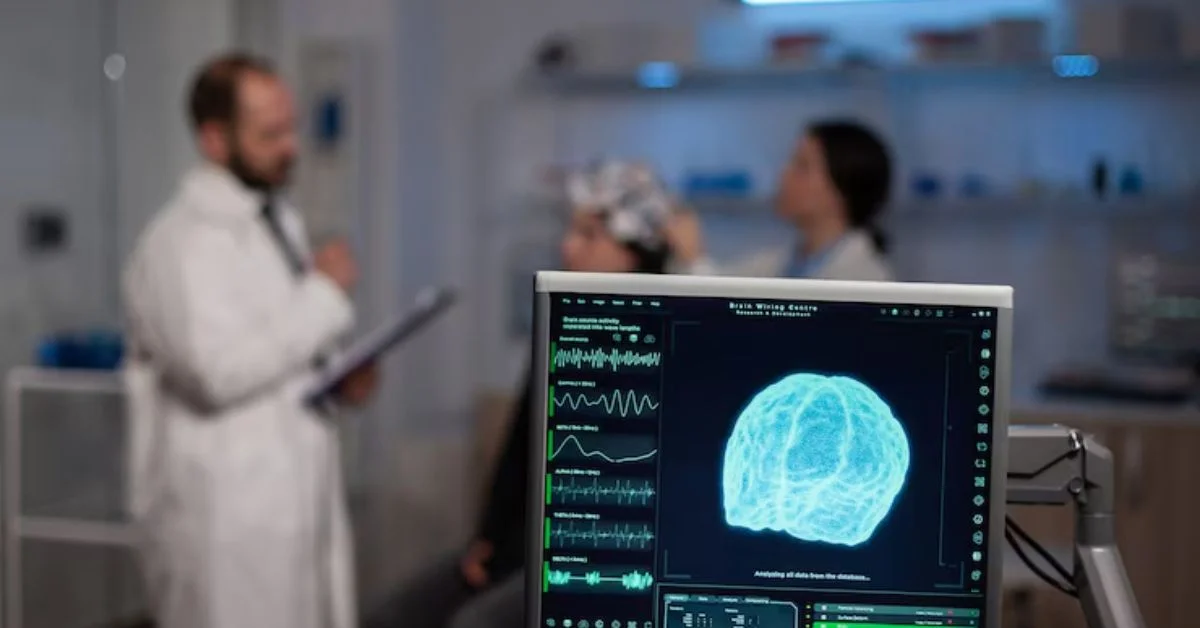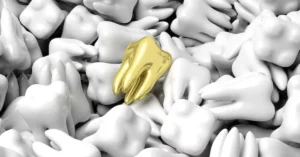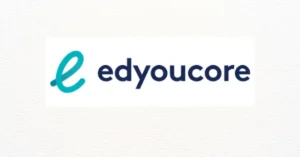Neurological diseases are among the most complex and rapidly evolving areas of modern medicine. Conditions affecting the brain, spinal cord, and peripheral nerves range from genetic disorders and autoimmune conditions to degenerative diseases and trauma-induced dysfunctions. As our understanding of the nervous system deepens, so does the potential for accurate diagnoses, innovative therapies, and holistic management approaches. Platforms like DoctorHub360.com are emerging as pivotal players in reshaping how neurological diseases are understood, tracked, and treated in real-time.
This article presents a detailed, timely analysis of neurological disease care and knowledge sharing, with DoctorHub360.com as a representative model of how digital health platforms are influencing outcomes, awareness, and accessibility.
The Digital Health Revolution in Neurology
Over the last two decades, the intersection of technology and healthcare has transformed patient engagement and provider efficiency. From mobile EEG devices to AI-driven MRI interpretation, neurology is at the frontier of medical digitalization. Platforms like DoctorHub360.com offer more than static information—they create living ecosystems of diagnosis support, patient education, and clinician collaboration.
What Is DoctorHub360.com?
DoctorHub360.com is part of a new wave of digital health hubs that curate real-time medical knowledge, offer practitioner insights, host interactive tools, and centralize resources for both clinicians and patients. Unlike generalized health websites, DoctorHub360.com focuses on vertical depth within domains—neurology being a prime example.
Its neurological section offers:
- Latest journal summaries and expert commentary
- Interactive symptom-checking modules
- Patient forums and feedback channels
- Continuing Medical Education (CME) content for professionals
- Real-world case discussions
In doing so, it bridges gaps between emerging science, clinical practicality, and patient understanding.
The Scope of Neurological Diseases Today
Neurological diseases include a vast spectrum of conditions, including but not limited to:
- Neurodegenerative Disorders: Alzheimer’s disease, Parkinson’s disease, Huntington’s disease.
- Demyelinating Disorders: Multiple sclerosis, neuromyelitis optica.
- Cerebrovascular Diseases: Stroke, transient ischemic attacks (TIAs).
- Neuropathies: Diabetic neuropathy, Charcot-Marie-Tooth disease.
- Epileptic Disorders: Generalized and focal seizures, Lennox-Gastaut syndrome.
- Neurodevelopmental Disorders: Autism spectrum disorders, ADHD.
- Infectious Diseases: Meningitis, encephalitis.
Each condition demands tailored diagnostics and management strategies. DoctorHub360.com categorizes these diseases not just by type, but by age group, disease stage, and co-morbidities, helping both doctors and patients navigate complexities in real-time.
Real-Time Clinical Updates: Bridging Bench and Bedside
One of the core strengths of DoctorHub360.com lies in its agility. When landmark clinical trials are published or new FDA approvals come through, the platform rapidly digests and contextualizes the data.
For example:
- 2024 Alzheimer’s Drug Update: DoctorHub360 provided a three-tier breakdown—biological rationale, clinical trial summary, and practical prescribing considerations.
- AI in Stroke Detection: With studies showing increased speed and accuracy in triaging strokes using AI algorithms, DoctorHub360 hosted an explainer series featuring neurologists and radiologists.
This timely contextualization helps frontline providers implement the latest advancements without wading through dense journals.
Patient Empowerment and Shared Decision Making
A major shift in neurological care is the move from paternalistic medicine to shared decision-making. Platforms like DoctorHub360.com help patients:
- Understand their condition in language tailored to them.
- Explore available treatments, including experimental ones.
- Connect with peers via moderated forums.
- Learn about caregiver support resources.
For example, a newly diagnosed patient with Parkinson’s disease may find:
- Video interviews with patients sharing their early symptoms.
- Animated explainers on how dopamine affects motor control.
- A directory of specialized physical therapists.
This ecosystem equips patients to have more meaningful conversations with their neurologists.
Case-Based Learning: The DoctorHub360 Format
DoctorHub360.com features anonymized case studies, often user-submitted and reviewed by experts. These cases illustrate nuanced diagnostic challenges or unique treatment responses. One such case in 2025 detailed a teenager with autoimmune encephalitis initially misdiagnosed with schizophrenia—highlighting the need for high clinical suspicion and broad differential diagnosis.
These real-world narratives create a learning loop:
- Clinicians refine their judgment.
- Researchers identify patterns.
- Patients feel seen and validated.
Integration with Wearables and Remote Monitoring
The rise of wearable health tech is especially relevant in neurological diseases where symptom fluctuations matter. Devices that track tremor frequency, seizure activity, or sleep patterns provide invaluable data.
DoctorHub360.com partners with third-party APIs to:
- Help users interpret wearable data.
- Alert clinicians to risk thresholds.
- Aggregate population-level insights.
This capability turns episodic care into continuous care—ideal for conditions like epilepsy, where missed events can delay optimal treatment.
Cross-Specialty Collaboration
Neurology doesn’t exist in a vacuum. Many neurological symptoms overlap with psychiatry, endocrinology, or internal medicine. DoctorHub360.com features interdisciplinary panels where:
- A neurologist explains seizure types.
- A psychiatrist adds insight into psychogenic non-epileptic seizures.
- A patient shares what each diagnosis felt like.
Such cross-pollination fosters holistic care, especially for patients with overlapping symptoms.
Ethics, AI, and Data Sensitivity
With so much data involved in neurology—from MRIs to genetic sequencing—ethical considerations abound. DoctorHub360.com stands out by:
- Clearly labeling AI-generated content.
- Maintaining strict privacy controls over user data.
- Featuring debates on predictive analytics and bias.
For instance, in early 2025, the platform hosted a roundtable on the ethics of using polygenic risk scores to predict schizophrenia in adolescents. The outcome wasn’t binary but offered perspectives from geneticists, ethicists, and parents.
Neurological Disease in the Global Context
DoctorHub360.com also recognizes that neurological disease burden varies globally. While ALS treatment breakthroughs dominate headlines in North America, under-resourced clinics in sub-Saharan Africa struggle with untreated epilepsy.
To address this:
- The platform offers multilingual resources.
- It spotlights low-cost diagnostic tools.
- It collaborates with international medical societies to share open-access guidelines.
Such global inclusivity ensures that neurological care isn’t gated by geography.
The Future: Personalized Neurology and Predictive Models
The next frontier is individualized neurology. By layering genetic data, lifestyle factors, and digital biomarkers, platforms like DoctorHub360.com are inching toward:
- Personalized treatment plans: What seizure meds are likely to work for this specific person?
- Disease forecasting: Can we predict MS flares or Parkinson’s progression with wearable data and patient-reported outcomes?
In late 2024, DoctorHub360.com unveiled a beta version of its predictive dashboard for multiple sclerosis patients. By integrating patient-reported fatigue, MRI lesion count, and environmental exposures, the dashboard estimates relapse risk with surprising accuracy.
Final Thoughts: DoctorHub360.com as a Model of Neurological Literacy
In a time when brain health is finally gaining parity with other medical priorities, platforms like DoctorHub360.com serve as indispensable tools. They don’t replace the doctor-patient relationship—they amplify it.
Whether you’re a neurologist seeking updated protocols, a caregiver desperate for community, or a patient navigating a new diagnosis, the platform offers a map. It doesn’t claim all the answers, but it provides the framework for better questions—and more informed, empowered decisions.
Neurological diseases are complex. Understanding them shouldn’t be.
With hubs like DoctorHub360.com, we move closer to a world where information is not a barrier, but a bridge.
For more information, click here.









